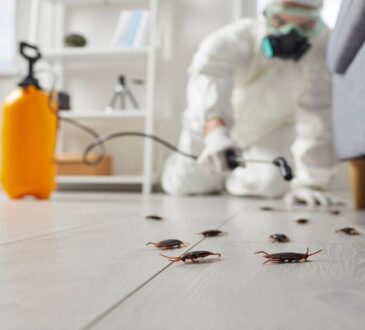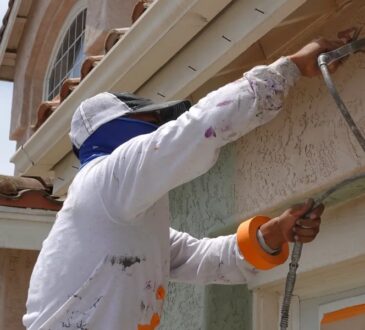
Branson tourism brings more than 9 million guests each year to its well-known entertainment district and impressive Ozark Mountains. However, this steady stream of visitors is a nightmare scenario for bedbug outbreaks in rental houses throughout the city. Branson’s post explains that the influx of guests, luggage from multiple destinations, and having a hard time thoroughly inspecting between guests all add to making Branson’s rental properties so susceptible to these creepy crawlers.
In addition to the costs of pest control, this can negatively impact online reviews, inflict booking cancellations, and permanently damage a reputation. When infestations do occur, however, getting Palisade Pest control experts involved while it is still a minor issue can save property owners a lot of money in the long run.
How Do Travelers Accidentally Bring Bed Bugs Into Branson Rentals?
- Luggage Transfer from Previous Accommodations
Many guests have one or more stops before getting to Branson. Bed bugs are the perfect hitchhikers, coming into the home from infested motels or previous rental properties in suitcases, backpacks, or travel bags. They are patient stowaways capable of going months without food.
- Clothing and Personal Items
Bed bugs can latch onto clothing, shoes, and personal electronics. Those who stayed in places where bed bugs were present inadvertently carry these pests in their luggage. Clean clothes can also have bed bugs if left in places where the bed bugs are.
- Used Furniture and Secondhand Purchases
While others buy antiques or secondhand items at Branson’s many flea markets and thrift stores, others may harbor the elusive bed bug, which travels with the traveler and is embedded deep within the rental properties.
- Transportation Vehicles
Bed bugs hitchhike on rental cars, tour buses, and ride-sharing vehicles that have transported past passengers. Branson hosts about 100 live performance shows each year, and tour groups typically travel in charter buses, which raises the risk of transferring pests.
- Public Seating Areas
Bed bugs can also cling to theater seating at Branson entertainment venues, restaurant booths, and hotel lobbies. These critters latch onto visitors during their fun and travel unknowingly to their vacation rentals.
Why Are Bed Bugs Harder to Detect in Short-Term Stays?
Though short-term rental properties present a unique challenge for detection, they can allow bed bugs to establish and spread before they are discovered.
Guest behavior also complicates detection. Visitors to vacation rentals frequently chalk up small bites to mosquitoes or other outdoor pests found in humid Missouri. Suspected bed bug incidents from guests are often reported some time after they have checked out, causing property owners to be unaware of the issue for a significant period of time.
How Can Rental Owners Stay Ahead of Bed Bug Infestations?
Such proactive management strategies enable Branson property owners to maintain pest-free rentals and protect their investment returns.
Domestic inspections form the basis of preventive action by professionals. Palisade Pest Control has special bed bug monitoring plans for vacation rental properties. They know the difficulties that Branson’s hospitality industry faces; as such, they help with custom inspection schedules that work with the booking calendars. Authorized pest control collaborations can respond instantly when issues occur. They know Branson-specific pest pressures and can create treatment plans that address the pests while minimizing guest disruptions and property downtime.
Besides, establishing guest education protocols can help reduce introduction risks. Give arrival directions that invite luggage inspection and recommend retaining bags in toilets or hard-surface regions until room research is finished. Clear guidelines transform guests into partners in prevention
Constant Housekeeping teams should be trained to identify early indicators such as small blood spots, dark stains on bedding, and foul odors. Early identification prevents minor issues from developing into property-wide infestations requiring extensive treatment protocols.




